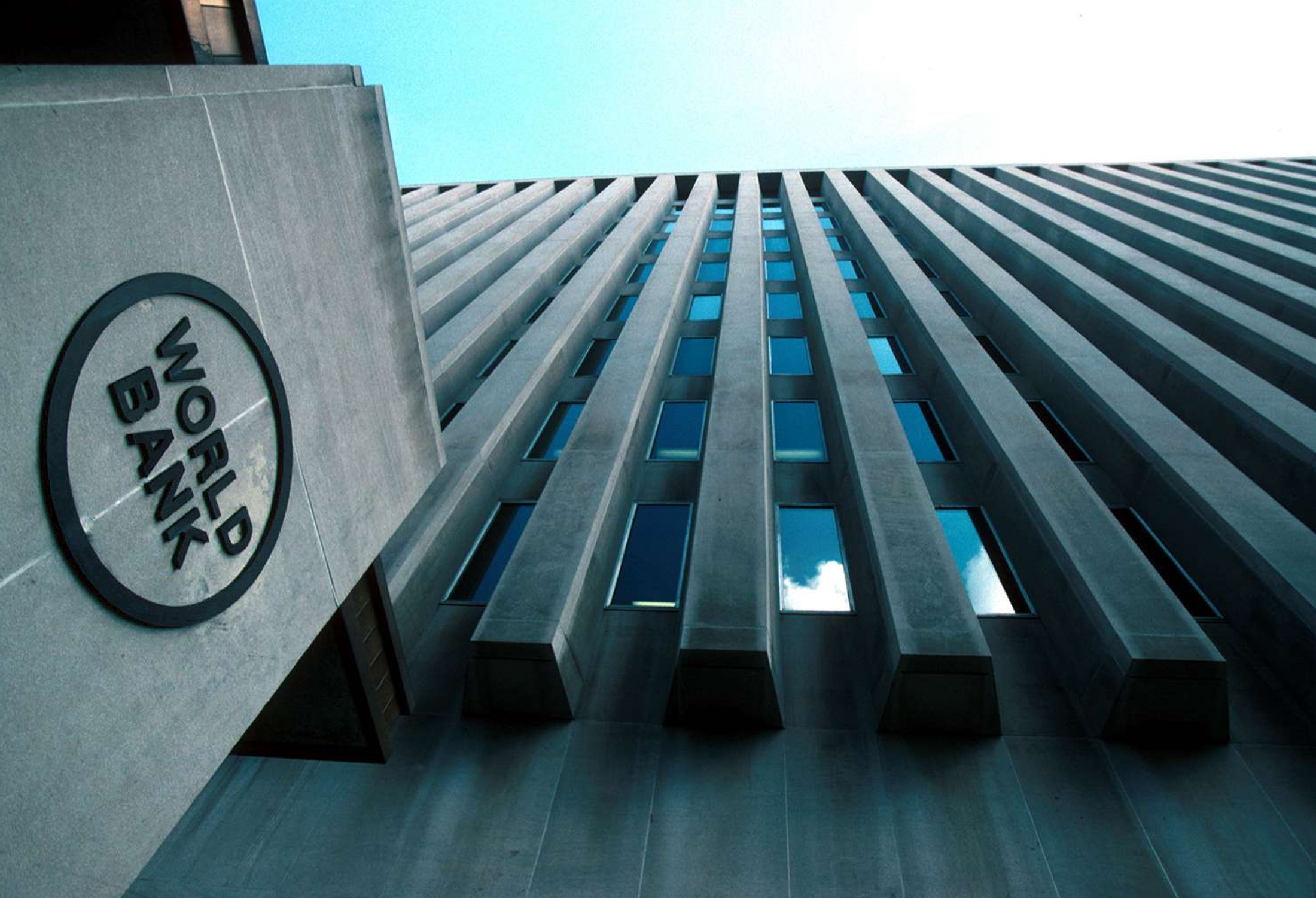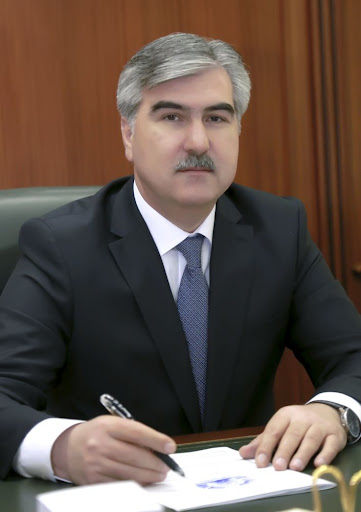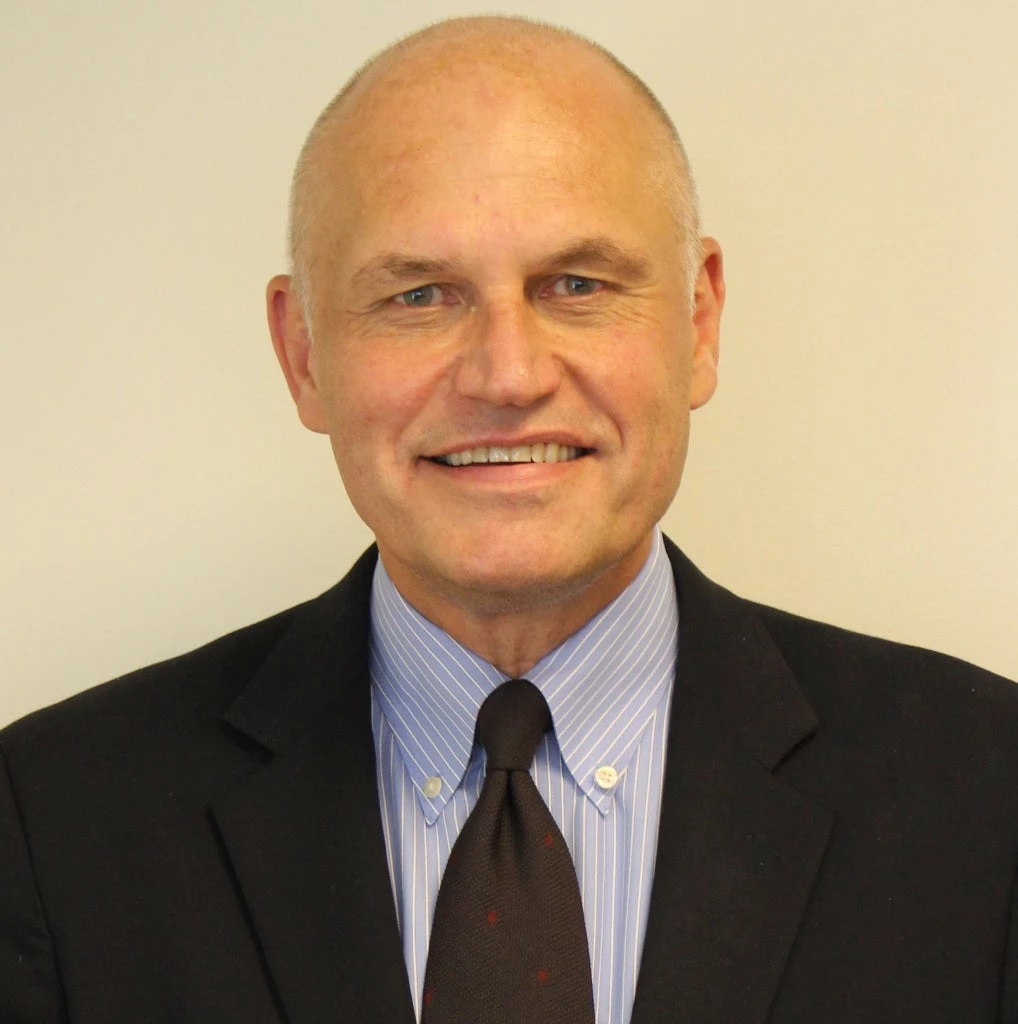Tajikistan and its Central Asian counterparts are set to bolster their human capital development agenda with the backing of the World Bank, as highlighted in the International Human Capital Forum 2024 held in Dushanbe on May 14-15.

In a collaborative effort between the World Bank, the Ministry of Finance of the Republic of Tajikistan, and various governmental bodies including the Ministries of Education and Science, Healthcare and Social Protection, and Labor, Migration and Employment of Population, the forum aimed to prioritize investments in people, particularly in marginalized communities, to foster inclusive economic growth.
The forum convened experts and policymakers from across Central Asia, emphasizing the significance of human capital which encompasses knowledge, skills, and health, as the bedrock for societal progress and economic prosperity.
Reflecting on the transformative impact of such investments, Tatiana Proskuryakova, World Bank Country Director for Central Asia, remarked:
"Investing in people is the key to ending poverty and promoting shared prosperity on a livable planet."

Faiziddin Qahhorzoda, Minister of Finance of Tajikistan, echoed this sentiment, emphasizing the forum's commitment to inclusive policies and investments in human capital as pivotal strategies for sustainable economic development.
“By convening experts, policymakers, and stakeholders from across Central Asia and beyond, we reaffirm our dedication to fostering inclusive policies and transformative investments in human capital. This forum underscores our belief that investing in people is not only a moral imperative but also an essential strategy for achieving sustainable economic growth. As we continue our journey to raise human capital outcomes, we remain committed in our determination to make efforts for all citizens of Tajikistan and beyond,” Faiziddin Qahhorzoda shared.
The event facilitated a robust dialogue on policy development and equitable economic growth, featuring insights from high-level regional officials, scholars, and World Bank representatives. With nearly 250 participants, including civil society organizations and youth, the forum served as a platform for sharing best practices and experiences from countries within and beyond the region.

Michal Rutkowski, World Bank’s Regional Director for Human Development, Europe and Central Asia Region, stressed the critical role of human capital development amid infrastructure and energy investments in the region. Rutkowski highlighted global experiences indicating that investments in human capital are essential for avoiding the middle-income trap and fostering sustainable growth.
“As the economies of the Central Asian countries grow with investments in infrastructure, energy, and hydropower, it is critical to maintain a focus on the development of human capital. Global experience has shown that the middle-income trap can be avoided with investments in a skilled and healthy nation,” Michal Rutkowski voiced.
In tandem with the forum, the Government of Tajikistan launched a Prioritized Action Plan, supported by the Global Financing Facility for Women, Children, and Adolescents (GFF), targeting investments and health sector reforms to ensure equitable access to healthcare, particularly for women, children, and adolescents in underserved communities.
The Human Capital Forum builds upon Tajikistan's commitment to the Year of Human Capital declared in 2023, affirming the nation's dedication to investing in its people amidst other national priorities. By identifying challenges and opportunities in human capital investment, the forum aims to catalyze collaboration and knowledge exchange for a brighter, more equitable future for Tajikistan and Central Asia at large.
Follow Daryo's official Instagram and Twitter pages to keep current on world news.
Comments (0)